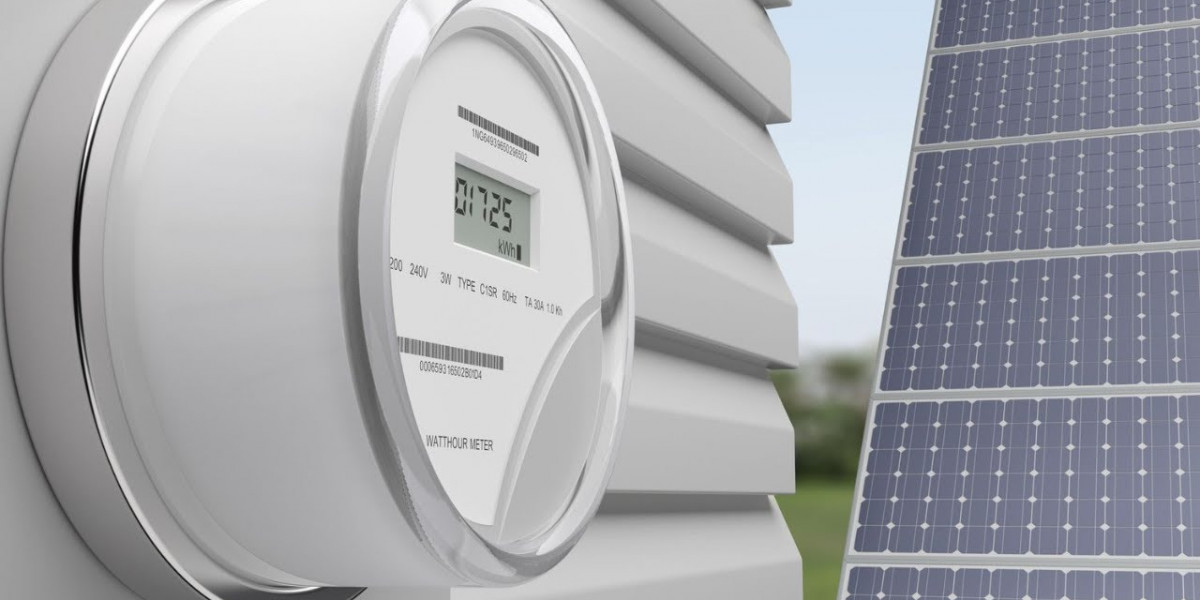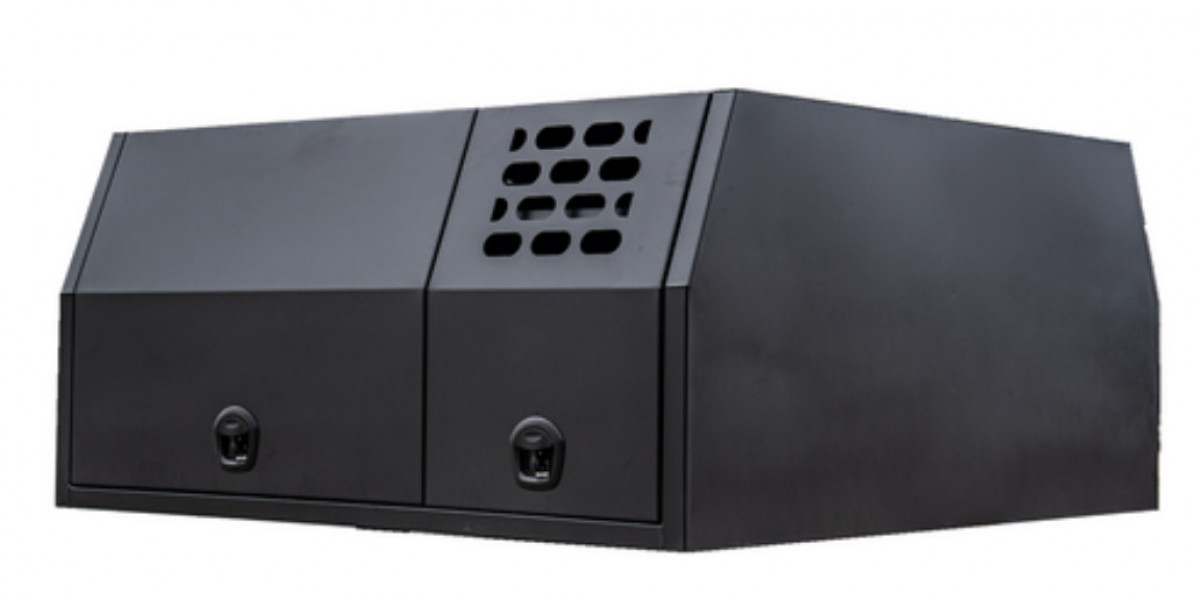What are Smart Meters?
Smart meters are an important piece of modern utility infrastructure that enable two-way communication between the meter and the utility. Unlike traditional analog meters, smart meters can digitally collect and remotely transmit usage data to utilities on an hourly or even more frequent basis. This allows both the utility and customers to better monitor energy usage patterns in near real-time.
Advantages for Utilities
For utilities, Smart Meter technology provides significant operational benefits. It eliminates the need for manual meter readings, reducing costs. Remote disconnect/reconnect capabilities expedite service turn-ons and shut-offs. Two-way communication also enables utilities to quickly detect power outages or restore service proactively. Meter data is digitally stored and easily integrated into billing systems. This streamlines the bill production process.
Perhaps most importantly, granular usage data from smart meters supports the implementation of innovative rate structures and programs. Time-of-use rates reflect actual generation costs at different times of day, incentivizing customers to shift usage to off-peak periods. Prepay programs allow customers to pay as they go for energy without late fees. Demand response initiatives provide credits to curtail usage during high demand/price periods. Overall, smart meters enable a more flexible, efficient and resilient grid.
Benefits for Customers
Residential and commercial customers also appreciate the convenience of smart meters. No more estimated bills - actual usage is reported automatically. Online portals provide real-time usage details to track and potentially reduce consumption. Alerts notify of potential outages to report or prepare for restoration. Time-of-use rates coupled with usage visibility encourage lower bills through behavioral changes. Prepay programs give budgeting certainty without large lump sum payments.
Energy efficiency programs supported by smart meter data help customers permanently lower usage as well. Identifying peak periods or significant appliances drives decisions on upgrades like HVAC equipment, lighting or insulation that permanently cut costs. Utility rebates and financing programs help offset upfront costs. Overall customer satisfaction increases as bills stabilize or even decline each month.
Mitigating Privacy and Security Concerns
Privacy advocates have raised valid concerns around the detailed usage data collected by utilities. Utilities deploy strong network security protocols to protect meter communications and prevent unauthorized access to customer information. Data is still only available at an aggregate anonymous level for system planning purposes. Customers can also opt-out of sharing their individual data if desired without disrupting basic metering functions.
Regulators are actively developing comprehensive privacy and security standards for smart meter deployments as well. Guidelines address proper data encryption, access controls, breach response plans, lawful consent policies and limitations on data retention periods. Fines and penalties enforce compliance, assuaging broader public concerns around potential misuse of personal consumption habits. As technology continues advancing rapidly, smart grid policies must also evolve to maintain robust consumer protections.
Expanding Infrastructure and Adoption
Over 90 million smart meters have already been installed across North America with continuing upgrades still underway according to industry estimates. Annual global spending on the advanced metering infrastructure is projected to exceed $15 billion by 2024. Every major utility is developing strategic plans around deployments and program rollouts customized to their territory and customer base. Communications standards ensure a common platform for devices, networks and data management systems as well.
Rural cooperatives and public power providers are rapidly automating their systems as well for similar efficiency, reliability and economic development goals. Grants, rebates and low-interest loans help accelerate deployments, especially in areas previously cost-prohibitive to serve manually. The rollout benefits spread industry-wide as more players adopt advanced technologies and integrate operations. Supportive policies at all levels of government recognize the infrastructure's role in achieving sustainability targets for greenhouse gas reduction too.
Smart meters represent a foundational advancement modernizing the grid edge and revolutionizing how both utilities and customers interact with the energy system. While initial investments are steep, the payoffs through improved productivity, new rate designs, enhanced resiliency and strategic planning more than offset costs in the long-run. As technology and policies continue co-evolving, utilities and regulators must sustain partnerships with communities to maximize adoption of efficiency and demand-side programs. When deployed responsibly with strong protections, smart meters empower all stakeholders through new insights and options to build a cleaner, more affordable and customer-centric energy future.
Get More Insights on Smart Meters
Get this Report in Japanese Language- スマートメーター
Get this Report in Korean Language- 스마트 계량기
About Author-
Ravina Pandya, Content Writer, has a strong foothold in the market research industry. She specializes in writing well-researched articles from different industries, including food and beverages, information and technology, healthcare, chemical and materials, etc. With an MBA in E-commerce, she has an expertise in SEO-optimized content that resonates with industry professionals. (https://www.linkedin.com/in/ravina-pandya-1a3984191)









